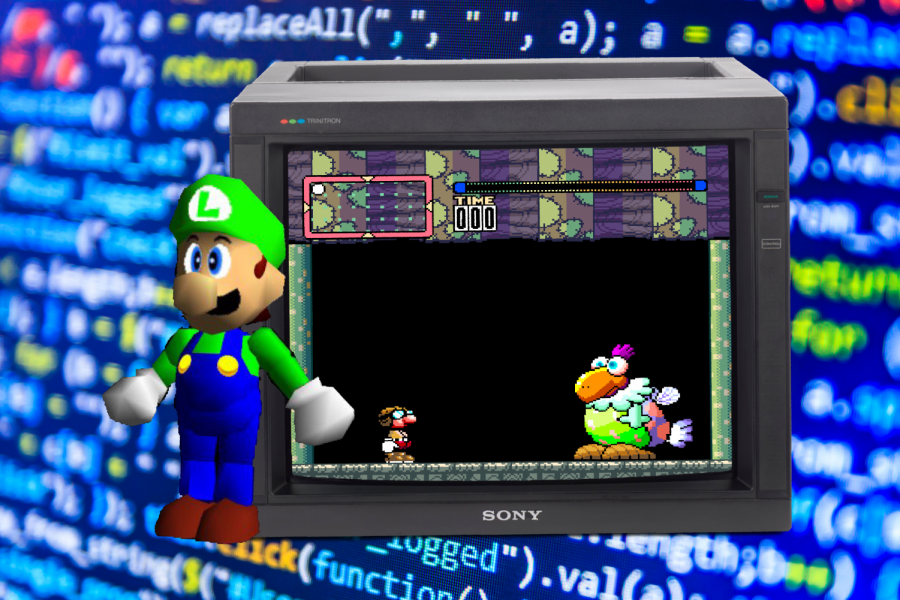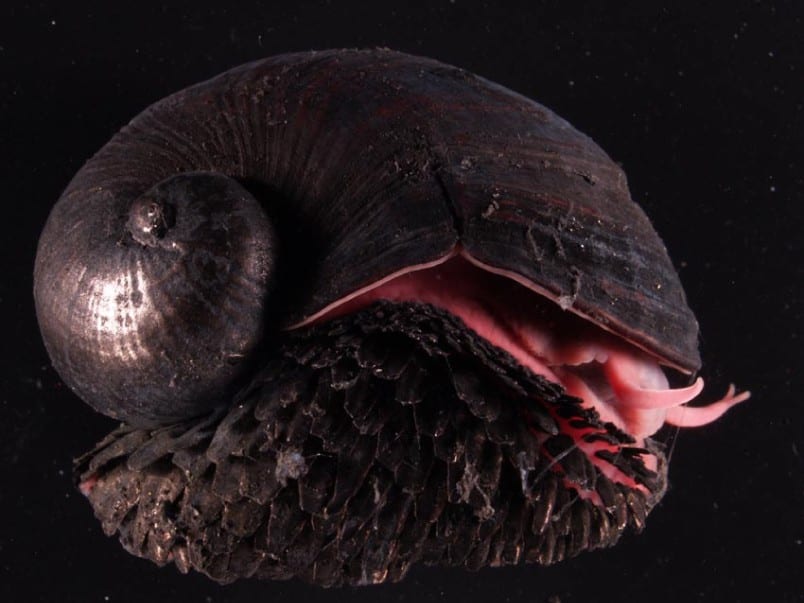Nintendo “Gigaleak”- Beneficial or Detrimental?
Pictured above, the prototype for an unreleased Nintendo game known as “Super Donkey” and a scrapped 3D model for Luigi originally intended for release in “Super Mario 64”.
March 19, 2021
-Nick Barrieau
Over the course of 2020, data from major gaming companies were leaked online by hackers. Leaks specifically involving Nintendo data surfaced on online message boards nine separate times throughout the year, starting in April 2020. The leaks provided fans with very detailed data, including never before seen development assets, documents, prototypes, and information from Nintendo. They also were obtained illegally and provided personal employee information, along with data that was never meant for public eyes. The leaked data was referred to by fans and gaming industry insiders as the “Nintendo Gigaleak”, and has provided important information for historical purposes and game preservation, but at an unethical cost.
39 games that have been released since 1990 had their source code or assets leaked, along with source code relating to multiple Nintendo consoles. While it is thought that upwards of 2 terabytes of data had been obtained from the hacks, only three gigabytes have been currently posted online. Some of the leaks that have historical value include assets from cancelled Zelda remakes, early designs for Yoshi, assets for Luigi in “Super Mario 64”, a cancelled Pokemon MMO, early and scrapped Pokemon designs, and cancelled game prototypes known as “Super Donkey” and “Dragonfly”.
Consumers have never before seen behind the scenes into the creation process of many of Nintendo’s beloved games, and the “Gigaleak” provided more than what fans were expecting. While it is insightful for fans and preservationists to see early prototype assets and completely cancelled projects, it was delivered in a way most wouldn’t have supported. Not only was this hacked data leaked illegally, but it also contained private and personal information that Nintendo and employees did not support making public. Internal memos and emails from Nintendo employees were leaked as well, containing private and identifying information that exposes employees and Nintendo as a company to the public eye.
In a tweet regarding his feelings surrounding the leak, Dylan Cuthbert, the main programmer from the original Star Fox games, posted, “It’s private stuff so it feels intrusive, source code is hours and hours, years and years, of personal work, long hours, sweat and tears.” The source codes that were leaked can help preservationists to recreate PC builds of those games and modify them. However, they also included explicit comments made by the programmers many years ago which certainly do not line up with Nintendo’s “family-friendly” business philosophies.
Last year was filled to the brim with leaks from many companies, not just Nintendo. While Nintendo had development data and prototypes leaked online, other companies such as Capcom had their schedule of more than 12 unannounced titles set to release up until 2024 leaked. Moving into the future, it’s unclear if hackers simply got lucky or if leaking internal data will continue to become more common. For many, the leaks provided a long awaited look behind the curtains of creation at Nintendo, while also providing important data for the sake of preservation. However, while the information gained may be valuable, it is important to consider the negative side effects that the leaks may have caused. Besides the illegal nature of obtaining the information, employees had personal and identifying information exposed to the world, and Nintendo as a brand had potential trade secrets stolen. It is unclear if the leaks will encourage Nintendo to release development information more frequently moving into the future or become more closed off about game development in general.













Yams • Dec 11, 2021 at 5:58 pm
Yams